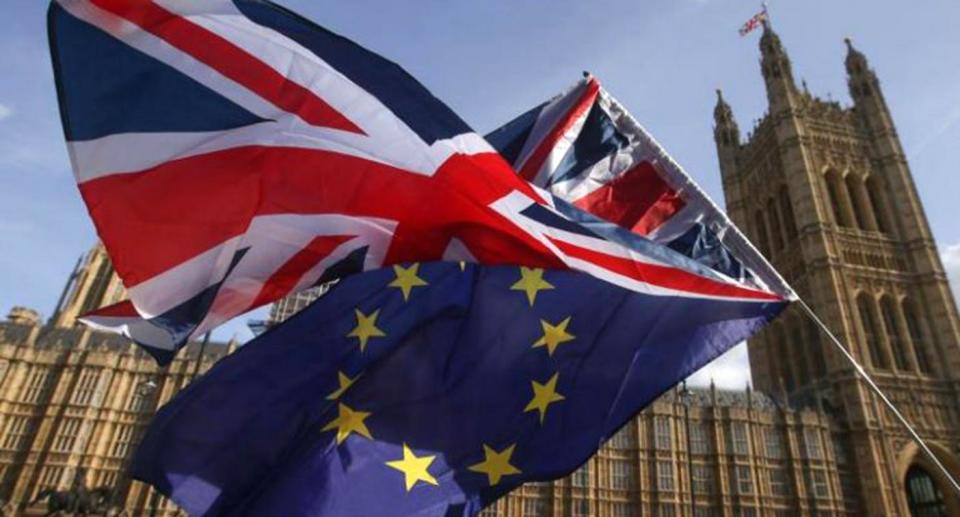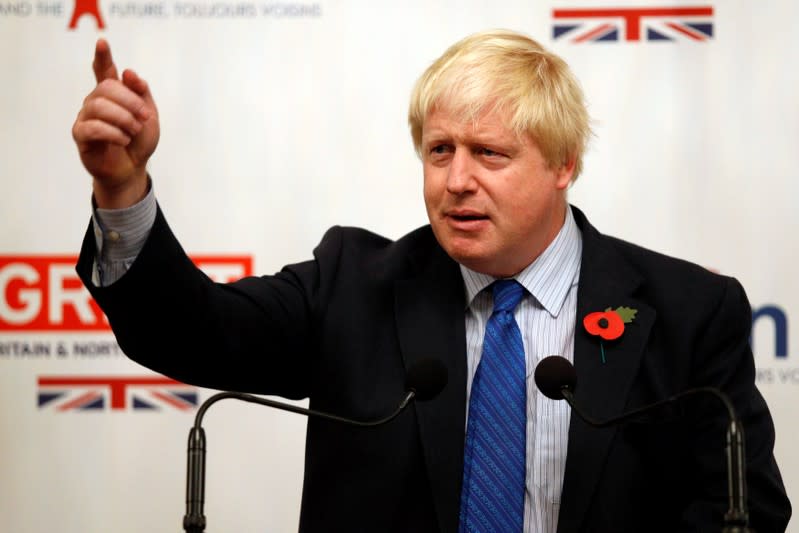Why we can't stop ourselves cheering for a disastrous Brexit, according to psychologists

In July 1965, when the Americans, under President Lyndon Johnson, were becoming deeply embroiled in Vietnam and heading for disaster, George Ball, then Johnson’s Under Secretary of State, wrote a memo to him about the risks of continuing in the direction Johnson had suggested – an ever-greater deployment of troops:
“Once large numbers of US troops are committed to direct combat, they will begin to take heavy casualties in a war they are ill-equipped to fight in a non-cooperative if not downright hostile countryside.
“Once we suffer large casualties, we will have started a well-nigh irreversible process. Our involvement will be so great that we cannot – without national humiliation – stop short of achieving our complete objectives.
“Of the two possibilities, I think humiliation would be more likely than the achievement of our objectives – even after we have paid terrible costs.”
The ability to recognise we are heading for a potential disaster is further compounded, not just by the sunk cost fallacy highlighted in Ball’s memo – that is the more we invest in something the harder it is to abandon it – but in our inability to differentiate political bias from likely truth.
Motivated cognition experiments by the likes of Lauren Alloy and Lyn Abramson suggest that even well-educated people have difficulty differentiating truth from falsehood when the truth contradicts their political biases. So it is unsurprising that our political leaders have difficulty in recognising that we are probably heading for a disaster on the Brexit reef.
This is particularly common when politicians are facing ‘wicked problems’ – they are problems that are either impossible to solve or which require action that we cannot possibly evaluate before we have undertaken it.

In this land of uncertainty and volatility one thing that people often crave is certainty, yet this is exactly the thing beyond our grasp.
Max Weber, the German sociologist, suggested that under such conditions it was likely that charismatic individuals would step forward proclaiming an unshakeable faith in one particular strategy and condemning ferociously all those who denied their infallibility.
This, of course, is the fabulous land of united unicorns where one or more competing romantic heroes and heroines, knights in shining armour, St Joan or Lancelot, will – at the very last minute – save us from disaster. Except that they won’t.
Most popular on Yahoo News UK:
Judge issues warning after teen who started watching porn aged 12 is convicted of child rape
Cyclist gives Trump motorcade the finger following another visit to the golf course
Heartless fraudsters conned woman, 70, out of thousands just hours after terminal cancer diagnosis
iPods, microwaves and smoke detectors: The top 25 most-loved gadgets revealed
Conservative minister Mark Garnier ‘asked his assistant to buy sex toys’
The most difficult thing about Brexit is that ultimately it will divide the UK even further – whatever happens – because both sides will have any number of scapegoats lined up for slaughter.
Partly because we – the people (who have suddenly become both important and must be obeyed because the people cannot have made a mistake) – are happy to avoid responsibility and let others take the blame.
And partly because those we are going to blame – our political leaders – are reluctant to change direction and admit they might not know quite where we are going or what the consequences might be.
They have good reason not to be seen to dither, even when such a wicked problem as Brexit requires us to reflect and consider, especially as the mass media (supported by people who buy their papers) are keen to label anyone who has a moment of reflection as engaged in an cowardly U-turn. If we are going to destroy the country let’s do it in the style of the ‘Charge of the Light Brigade’!
And it is also because the hardest thing for a political leader to do is to engage in the kind of leadership required when facing such an issue: be prepared to disappoint their followers at a rate they can manage.
This is what Dr Stockman, the ‘anti-hero’ in Henrik Ibsen’s classic play ‘Enemy of the People’ does – he tries to force the people to take responsibility for an imminent disaster, but is labelled the ‘enemy of the people’ by those same people.
There is no point in waiting for Dr Stockman to regale us with our follies, we are blind to them; and the cold truth is, in the words of the Hopi Indians, ‘we are the ones we have been waiting for.’
Keith Grint, of Warwick Business School, is a Professor of Public Leadership & Management and the author of Leadership – a very short introduction.

 Yahoo Finance
Yahoo Finance 
